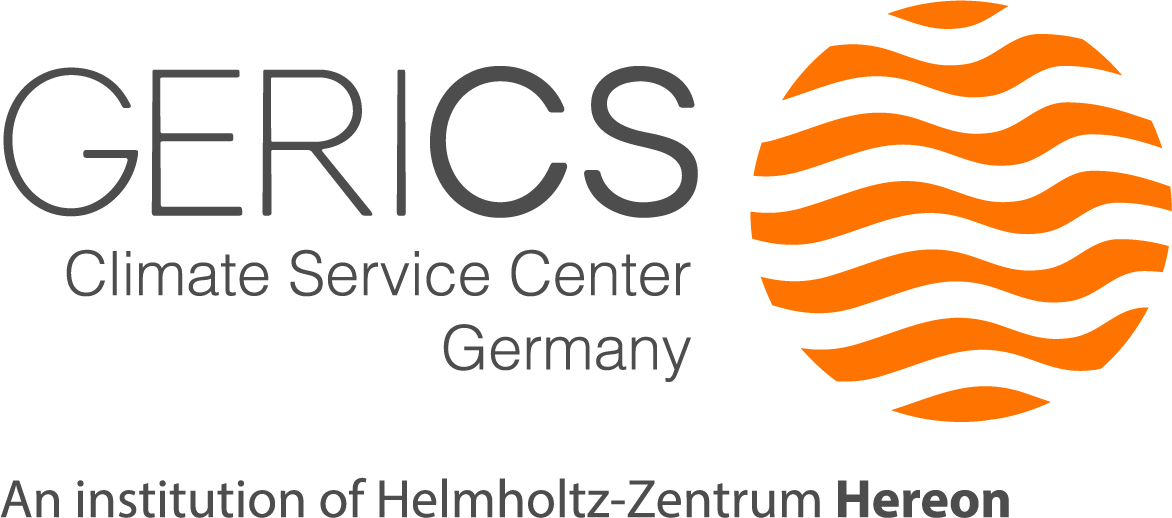DACStorE – A Comprehensive Approach to Harnessing the Innovation Potential of Direct Air Capture and Storage for Reaching CO2-Neutrality
The latest (IPCC) report shows the unavoidable requirement of negative emissions pathways to reach the COP21 targets. Because of this, the goal of the project DACStorE is to prepare for a large and sustainable scale-up of DACS technology. This is achieved by means of a multidisciplinary approach that links a diverse range of requirements in early stages of development.
Based on this context, the project will answer the following research questions: How can the negative emission technology, direct air capture including underground CO2 storage, be sustainably scaled up and rolled out? Which feasible characteristics are required, including a technical, economic, ecological, and societal evaluation? And how can a sustainable roll-out domestically and globally beginning in 2035 be enabled? Which materials must be developed? What system integration concept is needed?
DACStorE is a collaborative effort between seven research institutions Forschungszentrum Jülich, Helmholtz-Zentrum Potsdam (GFZ), Helmholtz-Zentrum hereon, Helmholtz-Zentrum Berlin (HZB), Karlsruher Institut für Technologie (KIT) and the TU Berlin. Together they work in four sub-projects:
• Sub-project I ‘Technology Assessment’ identifies optimal sites around the world for operating DACS based on techno-economic analysis in addition to sustainability assessment.
• Sub-project II ‘Device Research,’ several technical DAC options are developed and enhanced for large-scale implementation.
• Sub-project III ‘Transformational Studies’ will assess the acceptance aspects, the current and needed legal framework to provide a ramp-up as well as consider impacts on the national economy and assess the implications of a broad roll-out.
• Sub-project IV ‘Communication, Dissemination and Exploitation’ focuses on the transfer and processing of the results for important stakeholders such as industrial entities, authorities, and political figures in a co-creating bidirectional manner within the DACStorE Transformation Hub.
The Climate Service Center Germany (GERICS) is involved in Sub-project III performing an acceptance analysis. The goal of this analysis is to understand the acceptance of DACS in specific stakeholder groups as well as society at large by pinpoint the factors that promote or reduce acceptance of these technologies. The acceptance analysis is a four-step process.
1. Stakeholder Identification: Identification of stakeholders directly affected, negatively or positively, by the deployment of DACS.
2. Literature research and survey: Research into the determinant factors influencing acceptance of DACS. First, the factors are identified with a literature review. Afterward, a survey is conducted at a national level to determine how influential these factors are in shaping the acceptance of DACS in Germany.
3. Direct stakeholder engagement: A series of up to five workshops is performed to address all stakeholder groups. In the workshops stakeholders can share their individual perceptions on DACS in depth.
4. Recommendations: A final report is a coherent picture of the acceptance of DACS technologies in Germany. It also comprises a set of recommendations on factors that must be taken into account to ensure the successful acceptance of DACS projects.
Finally, an essential aspect of DACStorE is the establishment of the DACStorE-Transformation-Hub as a single point of contact for DACS technology. Here, stakeholders from industry, politics, and general society will be enabled to define their business cases, shape boundary conditions and base decisions on reproducible knowledge following the co-design approach of DACStorE.
To the project website of DACStorE
Contact:
Phone: +49 (0) 40 226 338 466
Fax: +49 (0) 40 226 338 163
E-mail contact